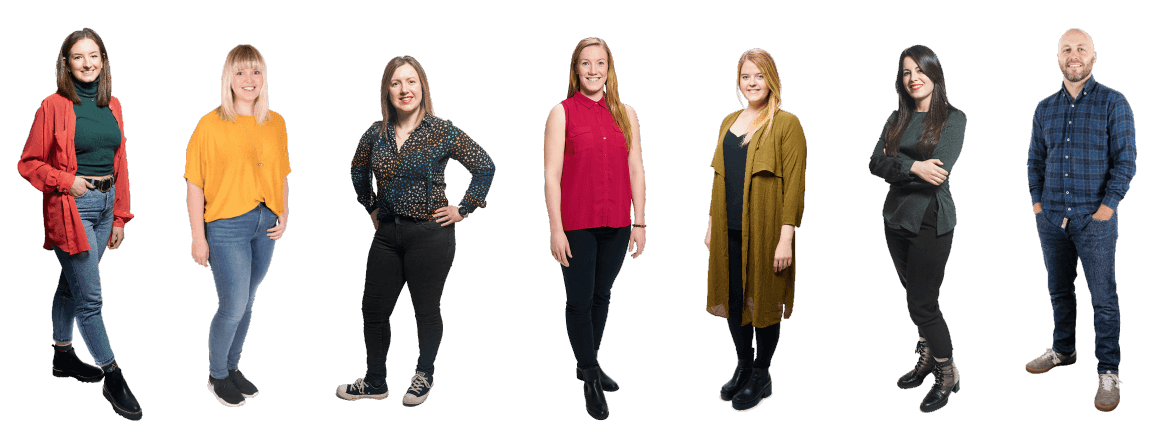Everyone speaks English, but knowing a few words of the local slang helps
English, of course, is the main language in all of Britain today, but Gaelic was once the main tongue in Scotland. It’s still officially the first language in the Outer Hebrides and is spoken in a few strongholds in other parts of the far north and west. The Gaelic-speaking Scots are bilingual, so you won’t need a guidebook. You will, however, encounter many road signs along your journey in both English and Gaelic.
A few friendly Gaelic words you might encounter in the rural areas are fàilte (“welcome”) and slàinte (“cheers”).
Place names
One of the unique things about Scotland is its geography, both the landscapes and the terms for geographical features that are often incorporated into place names.
Here are some words you might encounter during your travels around the countryside:
- Glen: a narrow valley, often mountainous with a stream or river through it
- Strath: a wide, usually flat river valley
- Loch: a lake
- Moor: barren, broad, unfarmable land
- Ness: a headland or promontory
- Mire: swampy ground; a bog
- Heath: shrub lands or grasslands usually at higher elevations in damp, cooler climates
- Ben: a mountain
- Brae: a hill
- Fell: a rocky hill
- Craig: a sea cliff
Say what?
The slang and accents of Scottish-English might seem like another language to other English speakers. So here are a few helpful “translations”:
Basics
- Aye – yes
- Naw – no
- Awright? – How are you?
- Wee – small, little
- Loo – a bathroom/WC
Food & drink
- Wee dram – a shot of whisky
- Bevvy – an alcoholic beverage
- Chips – French fries
- Crisps – potato chips (US-English)
- Banger – sausage
- Tatties – mashed potatoes
